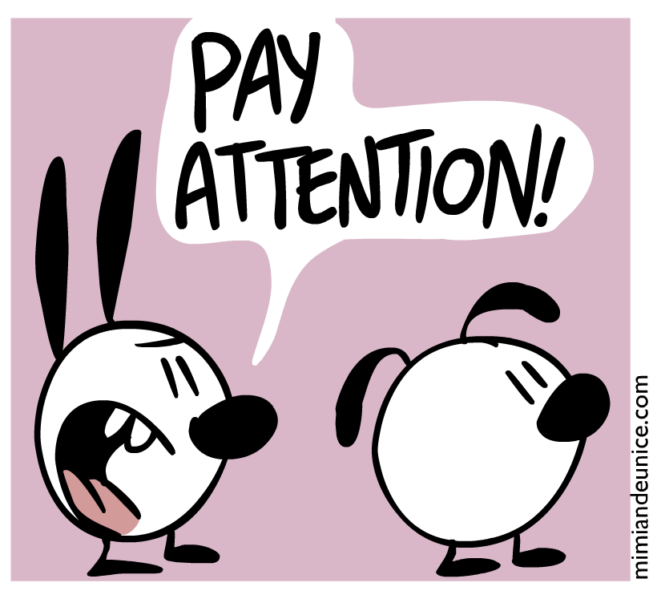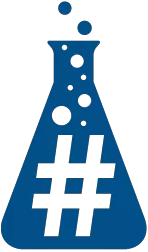If you’re a scientist who has dipped your toe into the world of science communication, you’ll have heard the following commandment: “Know Your Audience”. But here’s the question: why is it important to know your audience? Here’s the answer: knowing your audience is the only way to get them to pay attention to you.

Here’s the basic issue. The people with whom you want to connect are almost certainly leading busy lives. Lives so jam-packed that adding even one more thing, such as stuff about your science, would cause heads to explode. As proof of this, just think of your own life. How much time or mental space do you have for something brand new? Probably not much. Let’s say someone comes to you and says, “You need to spend some time getting to know about this new: social cause/ book/ local political candidate/ anything else.” How likely are you to actually do that? Let’s just say that the odds aren’t high.
Unless the pitch is slightly different. Let’s say that same person comes to you and instead says, “You need to spend some time getting to know this new book that will help you: run your lab more efficiently/ take care of an ailing family member more effectively/ select the perfect fantasy football team/ do anything else that really matters to you.” Totally different story. It is much more likely that you’ll actually check out that book, because it connects to something that is already on your mind.
And that’s exactly how you can get your potential audience to sit up and pay attention: by connecting your science to stuff that already looms large in their minds. That’s why Know Your Audience matters.
SciFund Challenge has lots of advice on how to find and and connect to audiences. Here’s our tutorial on this stuff, which we call Audience First.
